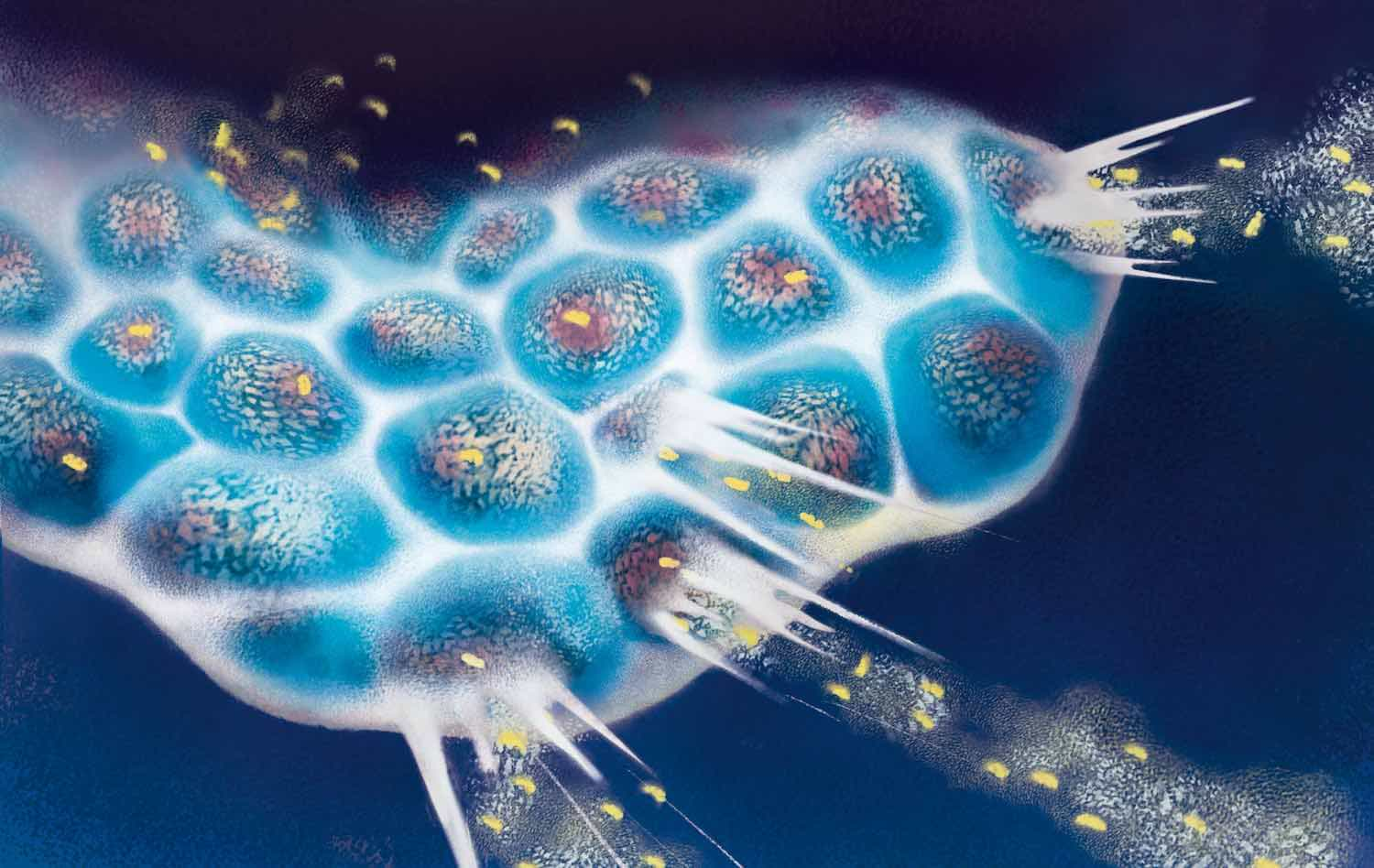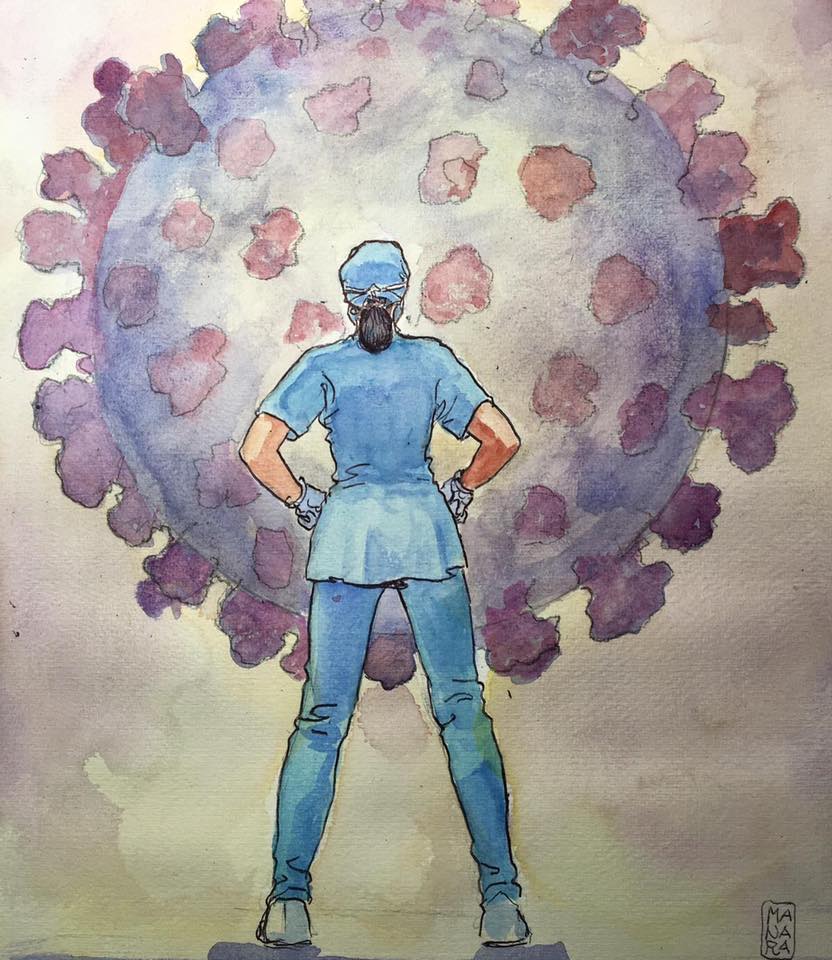Articles
Oncolytic viruses – a new wave of therapeutic possibilities
Going back to the nineteenth century there were reports that infectious diseases seemed to provide brief periods of remission for cancer patients. One case from 1896 reported that the enlarged spleen of a woman with “myelogenous leukemia” shrank to nearly…
Croatia’s cancer plan showcases the value of European cancer collaboration
Croatia has caught up with the rest of the EU in adopting a national cancer control plan. Sophie Fessl looks at how using EU guidance drawn from experiences of other member states helped them ensure it is relevant, patient-centred, and…
Cancer-associated thrombosis: awareness and action can save many lives
Venous thromboembolism (VTE) is the second most common cause of death in people with cancer, yet it has received far less attention than other possible complications, such as infection or neutropenic sepsis. This situation is beginning to change, with events…
Rapid palliation of bone mets: it’s effective and easy, so why aren’t we all doing it?
Bone metastases occur in around 7 out of every 10 people with advanced cancer, and are most frequently found in people with breast, prostate, lung or kidney cancers, and in most people with advanced multiple myeloma. They cause pain and…
Thank you virologists! – Nobel Prize spotlights virus-associated cancers
With the 2020 Nobel Prize going to three scientists who led on the discovery of the hepatitis C virus, Adriana Albini acknowledges the valuable contributions that these and other virologists have made over many decades to advancing our understanding of…
A silver lining: Could changes forced by the pandemic point to better ways to conduct our clinical trials?
Pragmatic adjustments to trial protocols were seen to be essential during the Covid-19 pandemic to avoid trials being abandoned or delayed. Most changes involved reducing the requirements for travelling to centralised trials centres and reducing the level of reporting requirements.…
Their fingers on the button: why neglecting radiation therapists is no longer an option
The job of a radiation therapist may sound straightforward: deliver the right dose of radiation to the right location. But it’s not. These are complex tasks that involve working with data, high-tech equipment and patients. Moreover, by doing each task…
Delivering cancer care during the pandemic: lessons from the ‘first wave’
“My partner had to be admitted to hospital with neutropenia earlier on in her treatment cycle, and she and I are constantly discussing what to do: whether we should ask about suspending treatment, how the risk/benefit equation adds up, whether…
Smoke without fire? Should cancer of unknown primary be treated as a separate disease?
Metastases, but no primary tumour – the diagnosis ‘cancer of unknown primary’ still presents great challenges, even in this age of precision oncology. Cancer of unknown primary (CUP) is an entity that encompasses a heterogenous group of metastatic cancers without…
Raed Al Dieri: Taking pathology from bit part to key player on the European oncology scene
The man steering the organisation dubbed “the leading force in European pathology” is not one to dwell on the negative. Raed Al Dieri, Director General of the European Society of Pathology (ESP), is an internationalist but also a proud Syrian.…










